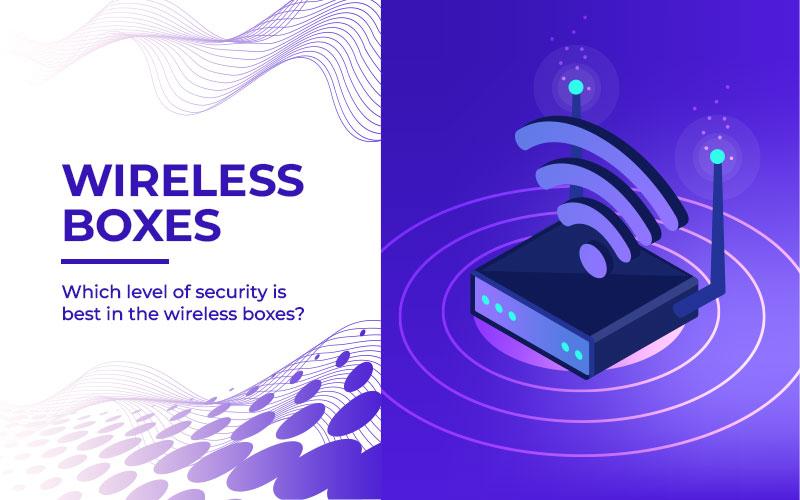Most bloggers and informative articles tell you to pick the company that offers great security with Wi-Fi routers. There are at least 4 different types of Wi-Fi security. But how to know which one of them is the best. To know which one of them is the best, it is best to learn a little about them. Wireless boxes are soon being more popular among the urban classes. But there is a small glitch about this device that is security needs to be top-notch to prevent a breach.

These security standards are important as they will act as protective gear against your Wi-Fi connection so that an intruder cannot eavesdrop on what content is being transmitted for what purpose. So, it is important to understand these security standards in detail:
1. WEP (wired equivalent privacy): This is the most ancient method of security and is not recommended due to the low amount of protection it provides. The primary disadvantage of WEP is that it transmits data from your computer using a single static key. This was not a concern when WEP was introduced; nevertheless, hackers eventually discovered the code hidden behind the keys. As a result, if a hacker obtains the key to your Wi-Fi link, they can decrypt the data you’re sending and read it. Hackers can monitor packets and patterns within the encryption. Then they determine which key corresponds to the profile and crack the encryption. As a result, individuals are recommended to avoid using WEP at all costs.
2. WPA (Wi-Fi protected access): This standard was merely a stepping stone, neither as flawed as WEP nor as beneficial as other advanced security standards. And the Wi-Fi alliance quickly devised additional security tiers to match.
3. WPA2: This level of protection is recommended. It is a step above WPA standardization. And it is advised to use this level of security with all wireless boxes.
4. WPA3: This is one of the Wi-Fi alliance’s most advanced security protocols. Additionally, it contains a slew of prospective updates:
a) Protection against brute force attacks: WPA3 protects users against brute force attacks even when their passwords are weak (attacks that attempt to guess passwords over and over again).
b) Confidentiality: WPA3 introduces “individual data encryption,” which, according to the manufacturer, encrypts your connection to a wireless access point regardless of the password.
c) Security for the Internet of Things (IoT): WPA3 is being deployed at a time when developers of Internet of Things devices are under intense pressure to improve the security of their products.
d) Enhancements to Encryption. WPA3 adds substantially stronger 192-bit encryption to the standard, significantly enhancing the level of security.
Wrapping up: Our experts confirm that the best security standard to use with wireless boxes is WPA2 as WPA3 has still not reached the consumer end. It will save your data from getting breached at any point.
